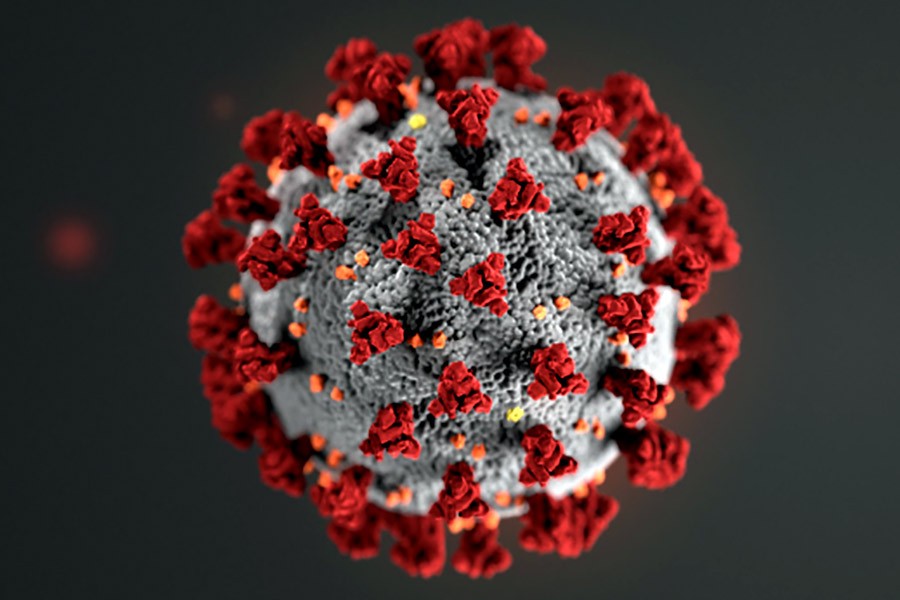Antibodies against the coronavirus wane six months after taking a vaccine booster dose, according to a recent study by Bangabandhu Sheikh Mujib Medical University (BSMMU).
“The study found evidence of the need for vaccine booster doses, its efficacy, and the decrease in antibodies over time. The findings may be useful in deciding whether elderly or immunocompromised people need a fourth dose of the vaccine,” said BSMMU Vice-Chancellor Md Sharfuddin Ahmed at a press conference on Monday.
The study, titled 'Haematological Parameters and Antibody Titre Six Months After Third Dose of Vaccination against SARS-CoV-2', tested antibody levels in 223 people, reports bdnews24.com.
As much as 98 per cent of the participants developed antibodies after taking two doses of the vaccine, but the levels of antibodies decreased six months after the second dose.
In this period, antibody levels decreased in 73 per cent of the participants from 6,792 AU/mL (arbitrary unit) to 3,963 AU/mL. Two of the patients had no antibodies in their bodies six months after the second dose.
Antibody levels increased in the patients to 20,878 AU/mL after the third dose. After six months, the levels came down to 10,675.7 AU/mL.
Sharfuddin said those who were infected with the coronavirus have higher antibody levels. No significant changes were seen in other components, including haemoglobin and platelets, in their blood.
Bangladesh began the coronavirus vaccination campaign on Feb 7, 2022. More than 129.85 million people have taken the first dose of the coronavirus vaccine until Sunday.
Among them, more than 121.04 million people were given a second dose and over 42.65 million people were given a booster dose.


